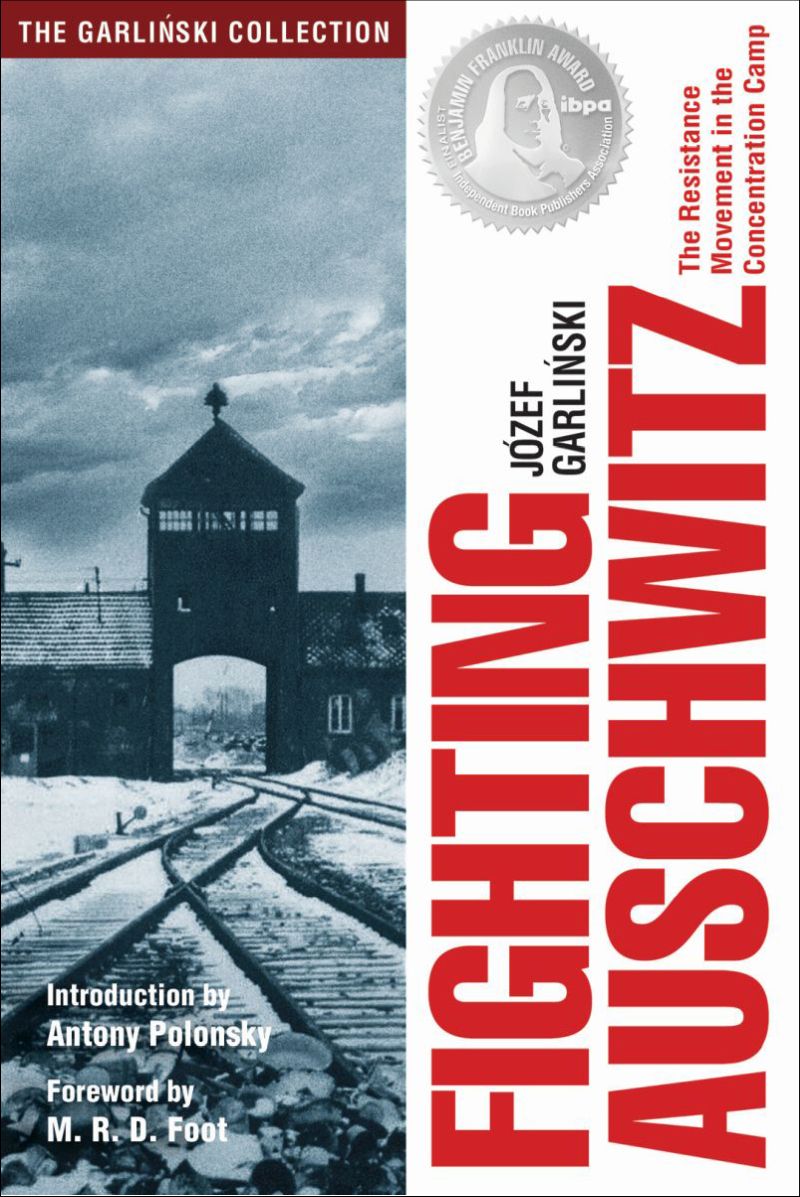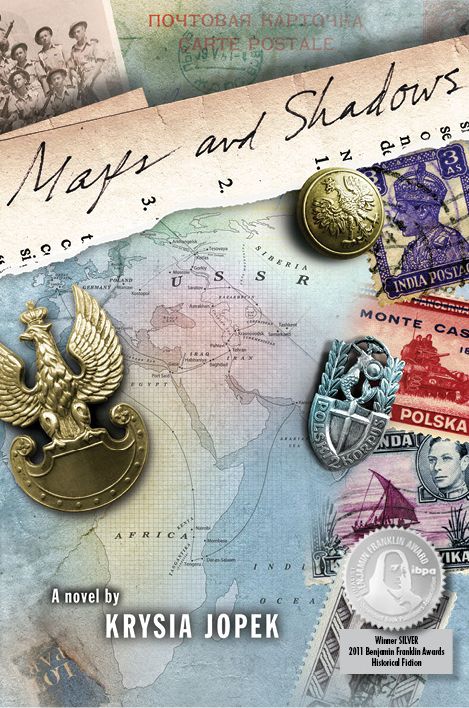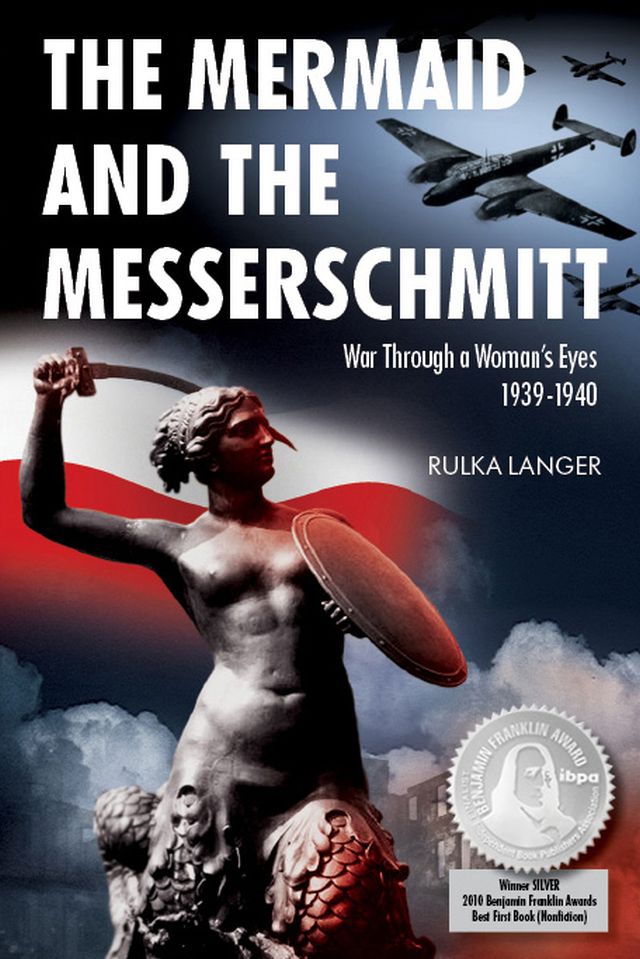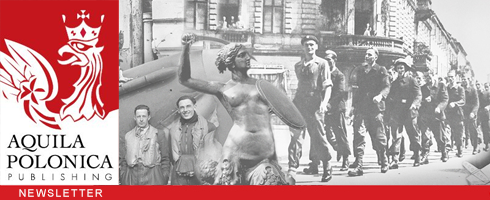June 30, 1943 – General Grot-Rowecki Arrested by Gestapo

On June 30, 1943, General Stefan ‘Grot’ Rowecki, head of the Polish Underground Army (Armia Krajowa, AK or Home Army) was arrested by the Gestapo in German-occupied Warsaw. He had been betrayed by three Poles who were members of the AK, but were secretly Gestapo collaborators.
Following arrest, Rowecki was sent to Berlin where he was imprisoned at Oranienburg and questioned by several prominent German officials. It is believed that he was executed in August 1944 in Sachsenhausen at age 48 under orders from Heinrich Himmler.
General Tadeusz Bor-Komorowski, deputy commander of the AK who succeeded Rowecki as commander, describes the loss of Rowecki in his book The Secret Army (pp.140–141):
“The loss of General Rowecki was our heaviest blow to date. We had, it is true, lost someone from our ranks nearly every month for three years. The war had already lasted much longer than the average life of a man engaged in Underground work….This loss was, however, of far greater significance than the others. General Rowecki was one of the founders of the Home Army and had been its Commander for three years. He had gained an enormous authority amongst his subordinates and indeed throughout the Polish nation. His pseudonym, Grot, was well known everywhere. To the public, Grot was a symbol, a mysterious person who, from the Underground, directed the fight of a nation. We, who knew him more intimately and were in immediate contact with him in the work, knew his great value as a leader, a strong personality, and an outstanding brain, directing and linking the complicated Underground machinery.
“He created an organisation and methods of warfare without precedent. He united and centralized scores of military organisations which had arisen spontaneously, directed by the most varied parties and groups. His personal tact and political talents (the latter hitherto unsuspected) in working with persons of various opinion were important here. He was a handsome man of engaging personality, and a good mixer; he found it relatively easy to influence people….This charm and personality were never known to the public, but played a large part in smoothing out difficulties at the top level. His remarkably quick mind at once picked out the essential elements in every problem, and he could take decisions swiftly.”
This proved to be a black week for wartime Poland, as Prime Minister and Commander-in-Chief Wladyslaw Sikorski was killed a few days later in a suspicious plane crash off Gibraltar.
The three traitors who betrayed Rowecki were sentenced to death for high treason by the Underground court. One was in fact executed by the Underground during the war. The other two, a married couple, escaped retribution and survived the war; postwar, they became informers for the communist secret police in Poland.












No comment yet, add your voice below!